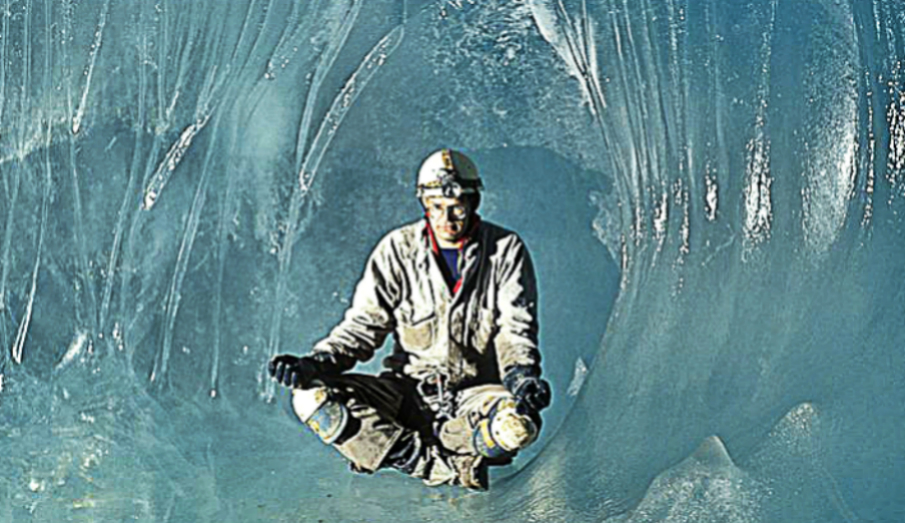In the recent years, science comes to prove that illnesses and stress are closely related.
Studies have found many health problems that are related to stress. As a result, professionals working in the health areas today focus on finding the things that can reduce stress, thereby reducing the chances of anyone suffering from an illness caused by stress.
Meditation and mindfulness are among the practices the health professionals acknowledge in reducing stress. Hence, instead of reaching out for a pill, these practices are pointed out as best alternatives.
To this end, Jon Kabat-Zinn, the executive director of the Center for Mindfulness in Medicine, Health Care and Society at the University of Massachusetts Medical Center, the founder and former director of the UMMC Stress Reduction Clinic and an associate professor of medicine in the division of preventive and behavioral medicine, and most of all a Buddhist student, works to help people overcome stress and deal with chronic pain, along with a variety of illnesses.
In his book, Full Catastrophe Living, Jon lays out his definitive guide to using mindfulness (moment to moment awareness) in coping with both illness and the day-to-day tensions encountered in life.
Here are the 7 essential qualities that you need in order to live mindfully, free of stress and illness.


The first step to achieving a moment to moment awareness is to be free of judgment. It starts with cultivating the capacity to pay attention in the present moment, with full intention and sustain that attention the best that you can.
This helps you in keeping in touch with your life as it unfolds.
Preconceived judgments prevent you from experiencing life as it truly is. But if you practice adopting an attitude of non judgment, you’re soon able to experience life as it is, without filters.
Acceptance means having the willingness to encounter darkness and despair the moment they arise. You need to face these things head on regardless of how many times they emerge, without running away, hiding, or numbing yourself just to deny their existence.
Resistance is what makes things worst than they actually are. Mental and emotional sufferings result from this resistance.
You can only heal the negativity in your life by acknowledging their presence. After they’re fully accepted, it’s only when you have the power to change them.
Patience is the acceptance that things have to unfold in their own times. You need patience so that you won’t be always escaping reality by looking into the future.
Some things don’t happen right away because you’re first given the chance to enjoy the present moment with all its glory.
Just BE, the deepest and most profound lesson in meditation. Just BE means letting go of control and manipulation, without the need to change things.
Just BE is going with the moment. This is the experience of moving forward without having to do anything.
By practicing gratitude, you appreciate the value of things that you have regardless of its monetary value. When you give thanks, you acknowledge the things that are freely given to you such as your life, loved ones, and the air that you breathe.
The moment is freely given to you and there is no assurance as to how many moments you are to experience. Gratitude is best practiced by stopping to look at things and moving with the moment.
Letting go means giving up the coercion, resistance, and struggles in order to gain more power and wholesome outcomes. When you let go, you allow things to be just as they are.
You’re not caught up in your attraction or rejection to things, in wanting or disliking them. Letting go is having your palms open and not holding on to something.
It means not holding on to your practice, experience, or whatever they may be because it’s only through letting go that you become truly mindful.
Most often, we begin our mindfulness with lots of things in mind. But as Shunryu Suzuki puts it more accurately: “In the beginner’s mind there are many possibilities, but in the expert’s there are few.”
The belief that we know many things clouds our perception and prevents us from seeing the things in its truest sense. You only know that you’ve moved past the beginner’s mind the moment your mind clears up and you see only a few things in there.
You can practice these mindful habits all throughout your day, without going to the mountains or sitting in meditation for long hours, though doing these things provide huge benefits.
The purpose of these mindful habits is to clear your mind, as much as possible, from the stress that you face in your day to day existence and avoid illness.
Source: http://www.riseearth.com/2018/02/when-you-learn-these-7-mindful-habits.html > https://theheartysoul.com/mindfulness-and-meditation/
This website uses cookies.